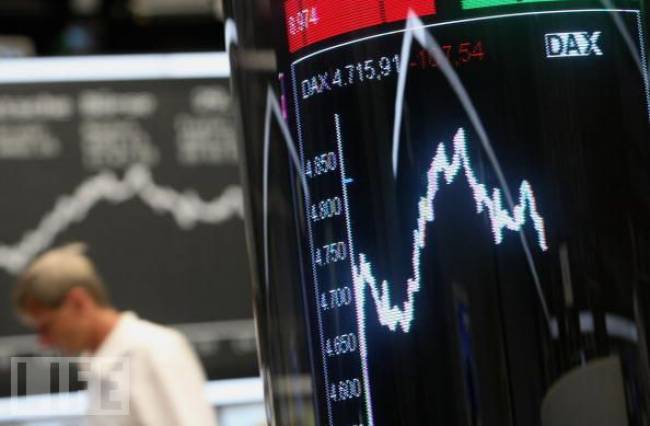By Tom DiChristopher, CNBC
Investors should be concerned about the Greek debt crisis because the fallout could roil markets, the portfolio manager at Quantitative Management Associates said Wednesday.
“I think you’ve got to care about it because if we don’t get a deal and Greece stumbles out of the euro zone, we’re going to see significant market repercussions,” Edward Campbell told CNBC’s “Squawk Box.”
European shares fell sharply into negative territory Wednesday, after Greece said international lenders had rejected its latest proposals to end a standoff over debt and avoid default.
A Greek government official said Prime Minister Alexis Tsipras told associates that Greece’s proposed measures had not been accepted by creditors. The plan offered nearly 8 billion euros in fiscal concessions in order to close a funding gap. Most of that would come from tax increases on the wealthy and businesses, rather than from spending cuts.
Markets had rallied this week on optimism a Greek deal could get done. That reaction was overly optimistic, Campbell said, adding it’s unlikely the parties will reach a deal by the end of the week. The deadline for Greece to pay 1.6 billion euros ($1.8 billion) to the International Monetary Fund is June 30.
If Greece leaves the euro zone, “chaos” will ensue for a week or two, he said. However, he thinks European policymakers will step forward and ring fence the country.
“I think it’s ultimately something that matters most to Greece, matters most to European equities. I think it matters less so to U.S. equities over the longer run,” he said.
Thomas Digenan, UBS head portfolio manager for U.S. equities, said he preferred to look at the long term.
“The Greece economy is about two or three times the size of Louisiana, and if you want to trade off Greece you better be ready to trade everyday. As an investor, I don’t think that’s what you want to do,” he told “Squawk Box.”
The Eurogroup of euro zone finance ministers will meet Wednesday night to discuss the latest reform proposals from the embattled Mediterranean country. These involve concessions from the Greek government on surplus targets, which many analysts believe to be astonishingly optimistic; pensions; value added tax and privatizations.
Locked out of bond markets and with bailout aid frozen since last summer, Athens is quickly running out of cash.
Money drained out of Greek banks following a breakdown in talks last week.The European Central Bank has authorized increased emergency lending to Greece throughout the week, extending a lifeline to banks.



















